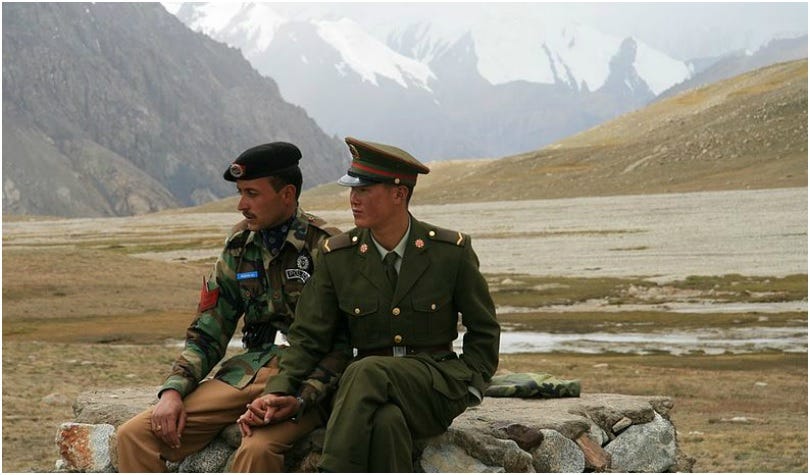China Seeks Regional Help in Managing Afghanistan
Beijing, wary of jihadis, looks to Shanghai Cooperation Organization
By: Salman Rafi Sheikh
With US and NATO forces having already largely withdrawn from Afghanistan, and with the Taliban extending their control and quickly approaching the Wakhan corridor in Badakhshan province that borders China, it has become imperative for China to devise a concrete Afghanistan policy.
That is because, according to some recent reports,…
Keep reading with a 7-day free trial
Subscribe to Asia Sentinel to keep reading this post and get 7 days of free access to the full post archives.

